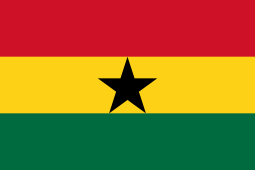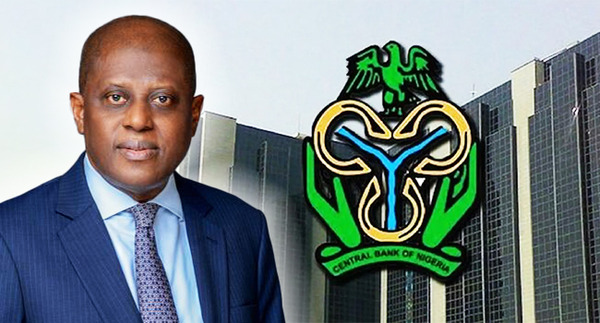Ghana’s domestic airline, PassionAir, announced a 10 per cent reduction in airfares across its routes weeks ago; however, Nigeria is grappling with surging domestic flight costs, sparking concern among travellers in the country.
In a statement released on June 18, PassionAir attributed the fare reduction to the strengthening of the Ghanaian Cedi against major currencies and a recent drop in aviation fuel prices. The airline, which operates across Accra, Tamale, Kumasi, Takoradi, Wa, and Sunyani, stated that the adjustment was part of its commitment to ensuring “positive market trends benefit customers directly.”
Mr. Joseph Nikpe, Ghana’s Minister for Transport, earlier called on domestic carriers to review fares downward, suggesting that the improved macroeconomic environment should reflect in reduced costs for businesses and passengers. PassionAir’s announcement followed a 15 per cent reduction in road transport fares, as Ghana experiences a broader easing of inflationary pressures.
In stark contrast, Nigerian air travellers have seen domestic ticket prices climb significantly in 2025, with one-way flights between Lagos, Abuja, Port Harcourt, and other major cities averaging over ₦120,000 to ₦150,000, a sharp rise from 2023 prices.
For instance, Air travellers in Kwara State recently raised concerns over the escalating cost of flight tickets, particularly on the Ilorin route. Many passengers argue that fares on this relatively short route have become disproportionately higher than those on longer routes, such as Lagos to Abuja.
According to a DailyTrust report, some travellers have been forced to reconsider flying altogether due to the strain it puts on their finances. Travellers revealed that one-way tickets from Ilorin to Abuja can now cost between ₦250,000 and ₦290,000, especially during peak times like weekends and Monday mornings. The high costs, coupled with frequent delays and cancellations, are negatively impacting mobility and economic activity in the state.
Across Nigeria, passengers are decrying the relentless surge in domestic airfares, which have reportedly increased by over 150 per cent in the past year. The steep price hikes are pushing many travellers, especially frequent flyers and businesspeople, to abandon air travel in favour of road transport, despite security risks.
Some of them pointed out that they had to take the road instead of flying due to the unaffordable cost of tickets. “It’s no longer sustainable,” a traveller told Punch, expressing frustration over the rapid price increases and the financial burden they place on his personal and business commitments.
About The Author














Leave a comment